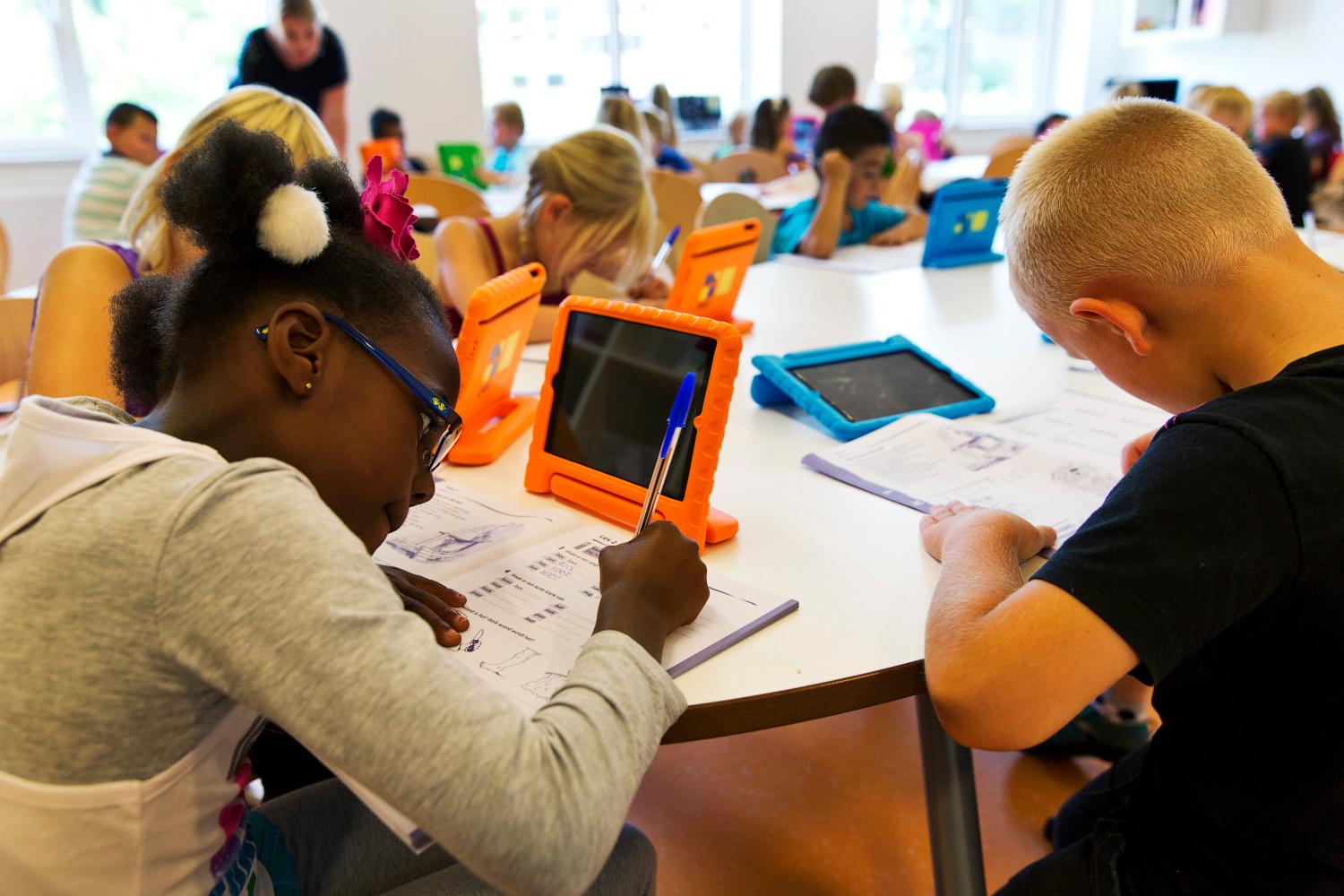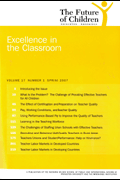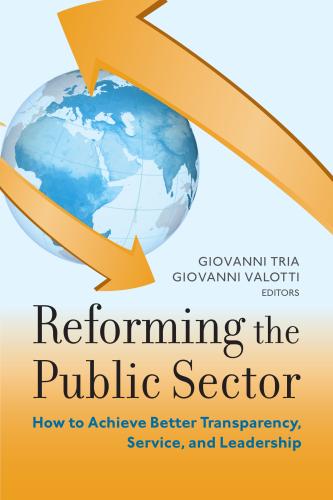Experts have long discussed the power of big data to revolutionize educational assessment. Analysts note the ability of data analytics to provide real-time evaluation and improve decision-making on the part of students, teachers, parents and administrators.
Yet confidence about the utility of analytics is undercut by difficulty in gaining access to actual data. Real world demonstrations of how big data would fit into a classroom environment have been few and far between. Much of the information is proprietary and not available to researchers and existing projects have focused on core skills like math and reading. This omission is problematic because we need to determine ways to assess complex skills such as writing.
Data Analytics and Student Writing
This paper seeks to fill that void with a practical demonstration of data analytics in regard to student writing. We rely upon information provided by the literacy instruction program In2Books (I2B) at http://In2Books.EPals.com. It seeks to improve writing proficiency through a combination of reading books, corresponding with trained adult pen-pals, and coaching by teachers.[i]
Darrell West and Joshua Bleiberg’s goal is to show how to deploy an automated writing assessment system in a classroom that adds value to students and teachers. The data set comes from fourth-grade classroom in a school district on a Native American reservation in Arizona. The authors analyze student writing for a full year using an online tool measuring readability.[ii] This project enables quick calculation of a number of different writing analytics.
In their analysis, West and Bleiberg found that:
- Data analytics offer helpful means of ranking students and assessing classrooms as a whole.
- Automated tools can provide dashboards for teachers and real-time feedback and evaluation for students.
- There remain a number of challenges in big data applications, but there are promising tools available for classroom usage.
[i] For a description of how the program works, see William Teale, Katie Lyons, Linda Gambrell, Nina Zolt, Rebecca Olien, and Donald Leu, “An Online Learning Community as Support for At-Risk Students’ Literacy Growth”, unpublished paper, 2011.
[ii] See writing assessment tool at http://www.online-utility.org/english/readability_test_and_improve.jsp.
The Brookings Institution is committed to quality, independence, and impact.
We are supported by a diverse array of funders. In line with our values and policies, each Brookings publication represents the sole views of its author(s).








